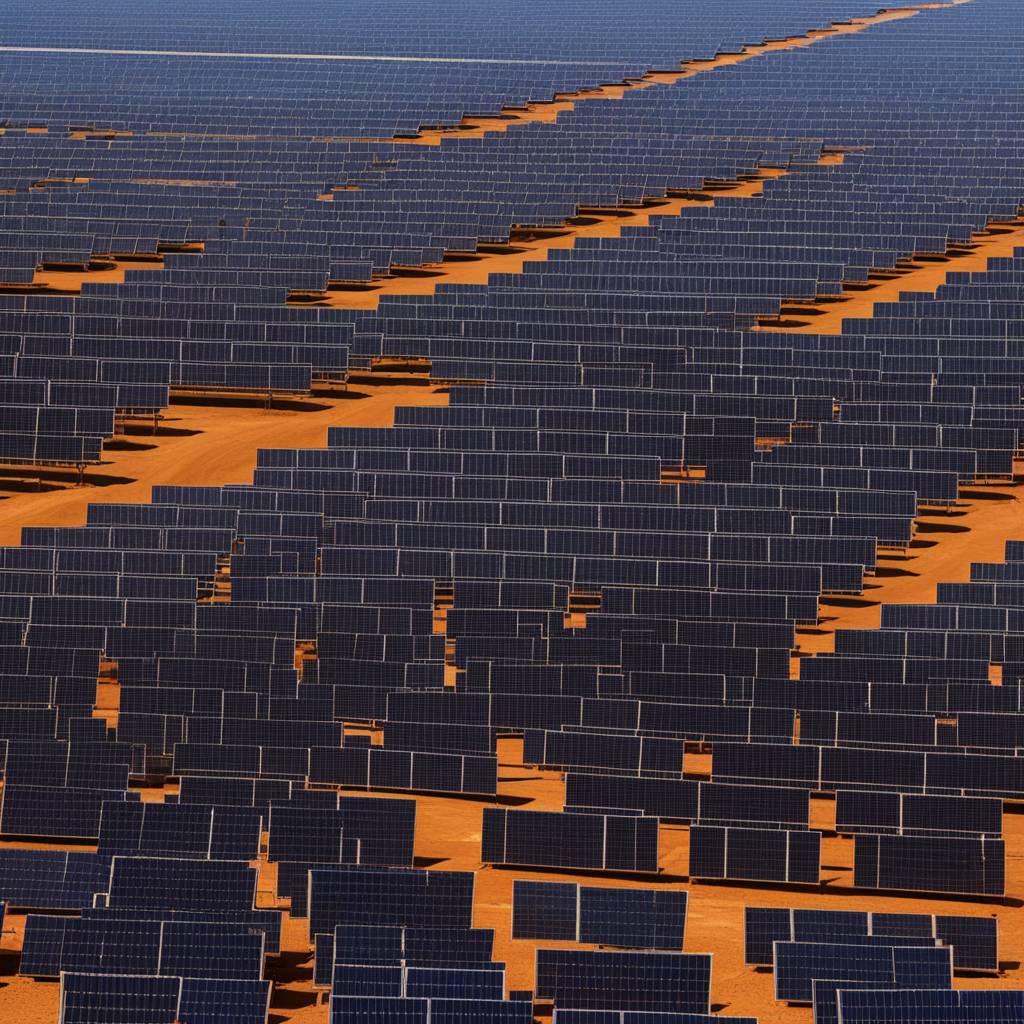The European Commission has initiated investigations into Chinese manufacturers of solar panels suspected of benefitting from state subsidies, giving them an unfair advantage. The probe focuses on a project in Romania involving a photovoltaic park partially financed by EU funds. Two Chinese companies, LONGi Solar Technologie GmbH and a consortium controlled by Shanghai Electric Group, are accused of receiving excessive subsidies that helped them secure the public contracts. The Commission has the authority to prohibit the award of the contract if deemed necessary and must make a final decision within 110 working days. The Foreign Subsidies Regulation empowers Brussels to scrutinize foreign subsidies in public tenders exceeding €250 million, a measure aimed at ensuring fair competition in the European market.
The European Commission’s Foreign Subsidies Regulation, introduced in May 2021, seeks to increase oversight over foreign subsidies to prevent market distortions and protect European brands from being acquired by foreign governments. The regulation was implemented in response to concerns about China’s generous state subsidy programs, which have enabled Chinese companies to produce products like electric vehicles, batteries, solar panels, and wind turbines at a large scale and low cost. The Commission is particularly focused on safeguarding Europe’s economic security and competitiveness in industries like solar panels, which are essential for clean energy production, job creation, and supply chain resilience. The investigations into Chinese solar panel manufacturers are part of a broader effort to promote fair competition and prevent foreign domination of key industries vital to Europe’s green transition.
Brussels and Washington have raised alarms over China’s state subsidy practices and their potential impact on global competition, especially in industries crucial to the clean energy transition. There are concerns that China’s dominance in the market for carbon-neutral technology could lead to the collapse of European industries and the loss of competitiveness. European Commissioner for internal market Thierry Breton emphasized the strategic importance of solar panels for Europe and the need to ensure fair competition among companies operating in the single market. The investigations aim to preserve Europe’s economic security and competitiveness by ensuring that companies in the EU are competitive and adhere to fair practices in the solar panel sector.
The investigations into Chinese solar panel manufacturers come at a critical juncture when Europe’s solar industry is facing an “existential threat” due to intense competition and market pressures. Without timely action to address unfair practices and subsidy-driven advantages enjoyed by Chinese companies, European solar firms risk collapsing within a short period. The Commission’s efforts to investigate and address unfair competition practices in the solar panel sector are part of a broader strategy to protect Europe’s economic interests, secure supply chains, and promote fair competition in the green energy industry.
The European Commission’s decision to launch in-depth investigations into foreign subsidies in the solar panel sector reflects a growing concern about China’s influence on global markets and the need to protect European industries from unfair competition. The Foreign Subsidies Regulation provides a legal framework for scrutinizing foreign subsidies and ensuring a level playing field for companies participating in public tenders within the EU. By targeting Chinese manufacturers receiving excessive subsidies, the Commission aims to preserve Europe’s economic security, competitiveness, and technological sovereignty in critical sectors like clean energy. This move is part of a broader effort to counter China’s state subsidy programs and safeguard European industries from market distortions and foreign dominance in strategic sectors.


